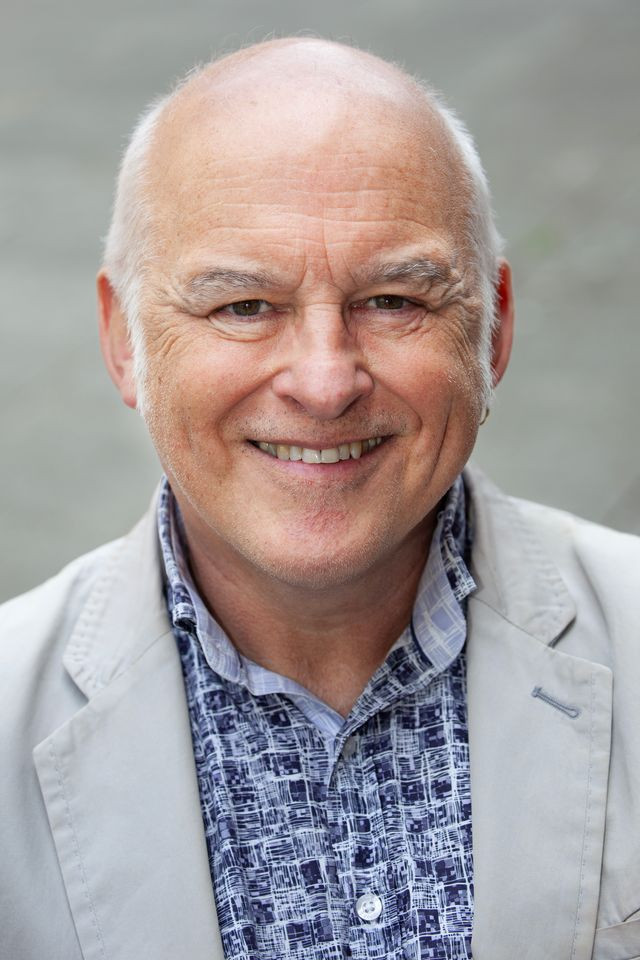A University of Manchester scientist has been awarded the prestigious Wilkins-Bernal-Medawar Medal and Lecture by the Royal Society for his work documenting the history of biology as both an author and a broadcaster.
The medal, given for excellence in a subject relating to the history, philosophy or social function of science, was awarded to Professor Matthew Cobb last week.
Professor Cobb joined The University of Manchester in 2002 as a lecturer in animal behaviour; he is currently a Professor of Zoology in the Division of Evolution, Infection and Genomics, but will shortly retire, becoming Professor Emeritus.
While most of Professor Cobb’s research has been on behaviour and communication in animals, his Royal Society medal is in recognition of his contribution to the history of science.
Professor Cobb said: “This is a tremendous honour for me – the Medal is the fusion of three awards, one of which goes back 80 years, and has been won by some extraordinary people.
“It is really quite humbling to be in such company. And a vindication of The University of Manchester’s embrace of multidisciplinarity, and of the School of Biological Sciences’ enthusiasm for its students’ taking courses from the Centre for the History of Science, Technology and Medicine.”
In 2021, Professor Cobb presented a BBC radio series on the history of genetic engineering, ‘Genetic Dreams, Genetic Nightmares’. He has also presented programmes about the history of academic publishing, the development of CRISPR gene editing, as well as programmes about the origins of animals and the life of the revolutionary scientist Sydney Brenner.
Alongside his BBC series, Professor Cobb is known to a wider audience through his books which have received commercial success. In 2022, he published The Genetic Age: Our Perilous Quest to Edit Life. In 2020, The Idea of the Brain was chosen as one of The Sunday Times’ ‘Books of the Year’.
The Wilkins, Bernal and Medawar lectures were originally delivered as three separate lectures, before they were combined under one title in 2007. Previous winners include Melvyn Bragg in 2010, Professor Jim Al-Khalili OBE FRS in 2020, and most recently Professor Sarah Franklin, who in 2023 delivered the lecture, ‘Talking Embryos: Changing Public Perceptions of Embryo Research’.
Professor Cobb’s passions extend beyond science. He has written two books on the French Resistance during World War II, one of which won the Anglo-French Society Award.
For this work he was made a Chevalier dans l’Ordre des Palmes académiques, an award conferred by the French government for significant contributions to the advancement of intellectual, scientific and artistic pursuits.
Professor Cobb is currently finishing a biography about Francis Crick, the co-discoverer of the DNA double helix; Crick’s extraordinary career will potentially inform the subject of Cobb’s Royal Society lecture. The date of his prize lecture is yet to be confirmed.
- To read more on the Royal Society’s 2024 award recipients visit here.
